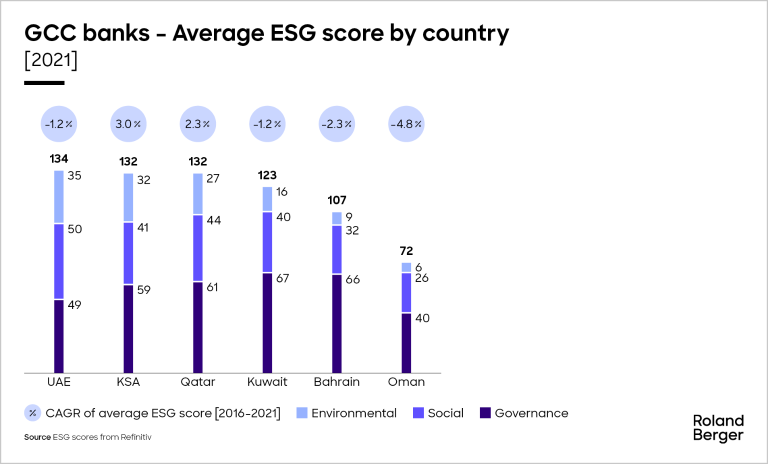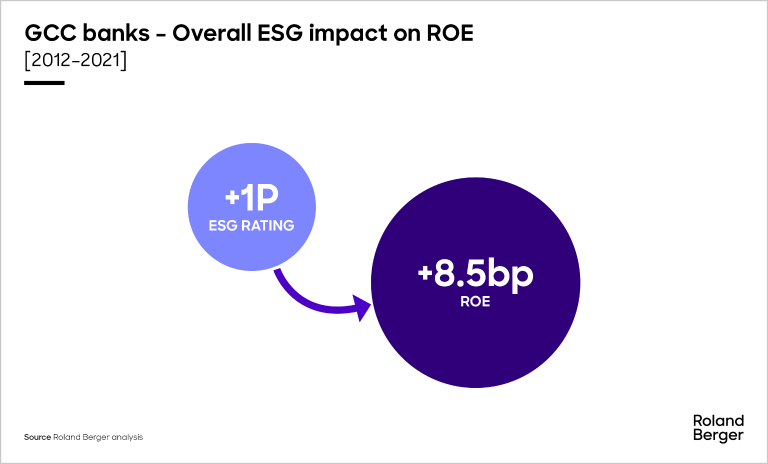Challenges in implementing ESG practices
While the rationale for
adopting sustainable practices
is clear, GCC banks face challenges in implementation. Balancing exposures between carbon-intensive sectors and green industries, data availability, regulatory inconsistencies, and skill shortages pose hurdles. Overcoming these challenges requires strategic risk management, improved data governance, alignment with global standards, and investment in specialized talent.
Elevating ESG orientation in GCC banks
To capitalize on the benefits of sustainable finance, GCC banks must embed ESG considerations into their core business strategies. This entails aligning sustainability objectives with overall business goals, fostering a culture of sustainability, and investing in capabilities to drive ESG initiatives. Partnerships with experts can further support banks in navigating the transition towards sustainability effectively.
Sustainable finance presents a compelling opportunity for GCC banks to enhance their positioning and financial performance. By integrating ESG principles into their operations, banks can meet stakeholder expectations, unlock new market opportunities, and ensure long-term viability. At Roland Berger, we offer tailored solutions to assist banks in embracing sustainable finance and navigating the path towards a more sustainable and profitable future. With our expertise, we empower banks to thrive in an era where sustainability is not just a choice but a necessity for success.
For a deeper understanding of the relationship between sustainable finance and financial performance in the GCC banking sector, we invite you to download our full report. Gain access to detailed insights, analysis, and actionable recommendations that can help your institution leverage sustainable finance to its fullest potential.
![{[downloads[language].preview]}](https://www.rolandberger.com/publications/publication_image/Roland_Berger_24_WEB_ESG_impact_on_GCC_banks-COVER_download_preview.jpg)










